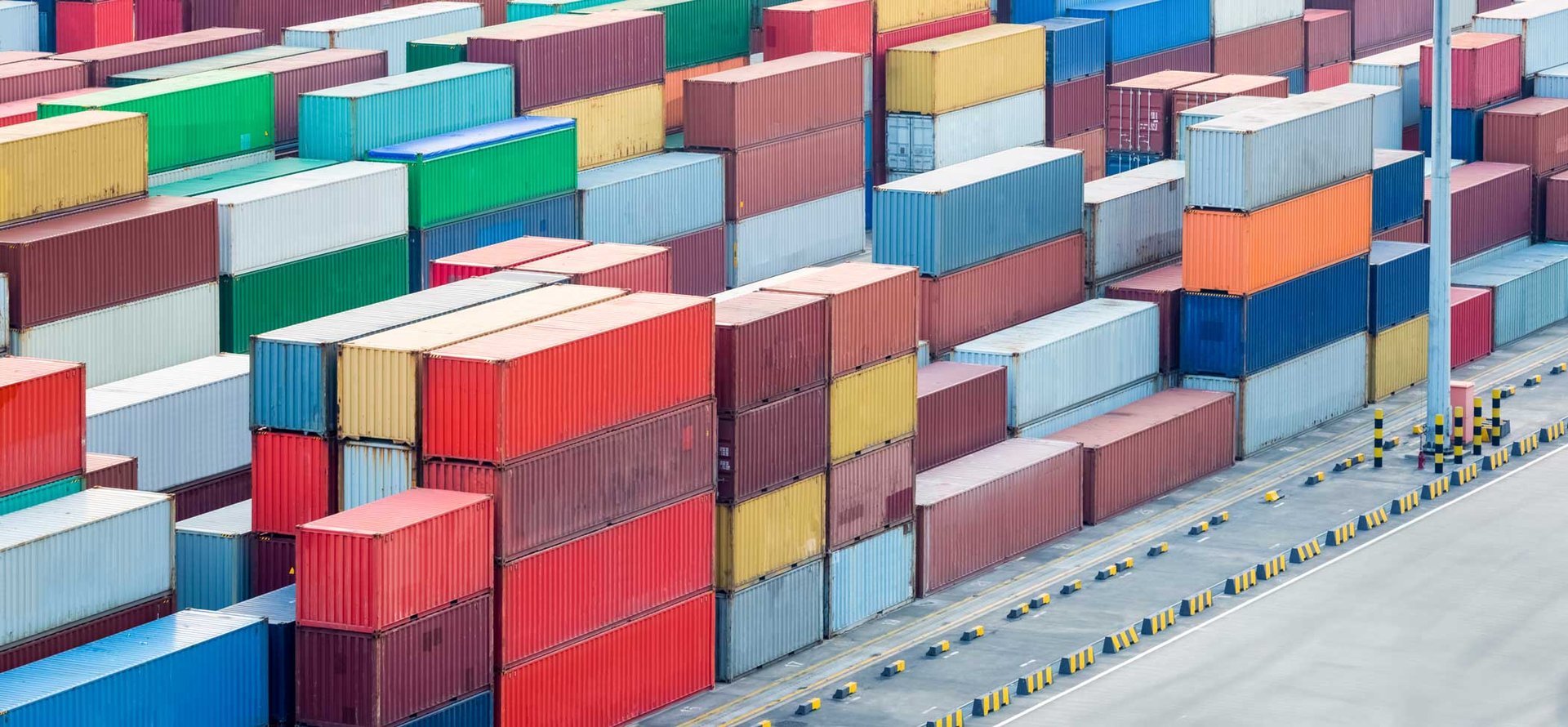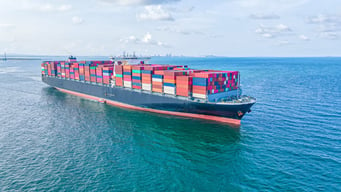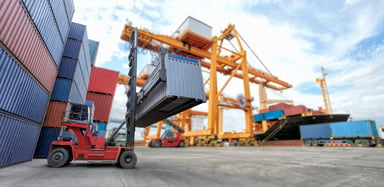
Cost Insurance and Freight (CIF)

Home > Freight Glossary >Cost Insurance and Freight

Trending
CIF Freight Meaning
CIF (Cost, Insurance, and Freight) is an Incoterm that requires the seller to cover the costs of shipping, insurance, and freight to the destination port, but the buyer assumes the risk of the goods once they are loaded onto the vessel. This term is commonly used in CIF shipping, particularly in ocean freight, where the seller is responsible for arranging and paying for transportation and minimum insurance coverage for the goods being shipped.
When is CIF Used?
CIF shipping terms are used primarily in CIF by sea transport, and they apply to cargo transported via ocean or inland waterway routes. It is commonly used for bulk shipments and commodities where the seller is responsible for delivering the goods to the port and covering the insurance cost. CIF for shipping is favored when the buyer prefers the seller to manage the logistics of transportation and insurance up to the destination port.
Responsibilities Under CIF Shipping
In CIF Incoterms, both the buyer and the seller have specific responsibilities in the transaction.
Seller’s Responsibilities in CIF
- Cost Coverage: The seller must pay for all costs related to transportation, including freight and loading, until the goods reach the CIF destination port.
- Insurance: The seller must provide CIF insurance, which typically covers 110% of the value of the goods at a minimum level. This ensures the buyer is protected in case of loss or damage during transport.
- Customs Clearance and Documentation: The seller must clear the goods for export and handle all necessary documentation, including providing the buyer with proof of insurance and the bill of lading.
Buyer’s Responsibilities in CIF
- Risk Transfer: The buyer assumes the risk once the goods are loaded onto the ship at the port of origin. If the goods are damaged or lost in transit, the buyer can claim the insurance provided by the seller.
- Import Duties and Further Transportation: The buyer is responsible for paying any import duties, taxes, and handling the transport of the goods beyond the CIF destination port.
Cost and Risk Considerations in CIF
Who Pays Freight in CIF?
In CIF freight terms, the seller pays the freight costs to transport the goods to the agreed destination port. This includes any port handling fees and freight forwarding costs associated with the shipment.
Understanding CIF Freight Costs
The CIF cost includes three main components:
- Cost: The value of the goods being sold.
- Insurance: The insurance cost the seller must provide to cover the goods during transit.
- Freight: The cost of shipping the goods to the destination port.
Buyers should carefully calculate the CIF price by considering these components, and they should also account for any import duties or further transport costs beyond the port.
Comparing CIF with Other Incoterms
CIF vs. FOB (Free On Board)
In FOB (Free On Board), the seller’s responsibility ends once the goods are loaded onto the vessel, and the buyer assumes all costs and risks from that point onward. In CIF, however, the seller not only covers the cost of transporting the goods to the destination port but also provides insurance coverage for the goods while in transit.
CIF vs. CFR (Cost and Freight)
While both CIF and CFR (Cost and Freight) terms require the seller to cover transportation costs, the key difference lies in insurance. Under CFR, the seller is not responsible for insuring the goods during transit, leaving this task to the buyer, whereas CIF includes the cost of insurance provided by the seller.
Practical Applications of CIF
When to Use CIF Shipping
CIF is typically used when the buyer prefers the seller to handle both transportation and insurance. It is ideal for large shipments where managing logistics can be complex, and for buyers who want the seller to assume responsibility for the goods until they reach the destination port.
CIF in International Trade
In international trade, CIF export terms allow sellers to streamline their logistics while ensuring that goods are protected with insurance. This makes CIF transportation a preferred choice for buyers who do not want to manage shipping and insurance arrangements themselves.
Insurance Considerations in CIF
Under CIF insurance, the seller must provide a minimum level of insurance to cover the value of the goods during transit. This insurance covers risks such as loss or damage while the goods are in transit, but it may only offer basic protection. Buyers can opt for additional insurance to increase coverage, depending on the value and sensitivity of the goods.
Frequently Asked Questions (FAQs)
What Happens if Goods Are Damaged Under CIF?
If goods are damaged under CIF shipping terms, the buyer can file a claim with the insurance provided by the seller. Since the seller is responsible for obtaining insurance, the buyer should receive compensation for the damaged goods as long as the loss occurred after the goods were loaded onto the vessel.
How is Insurance Calculated in CIF?
In CIF shipping, the insurance amount is typically set at 110% of the value of the goods being shipped. This minimum insurance coverage protects the buyer against potential losses during transport, and the cost of this insurance is included in the overall CIF cost.
Contact

Ocean Freight

Road Freight








